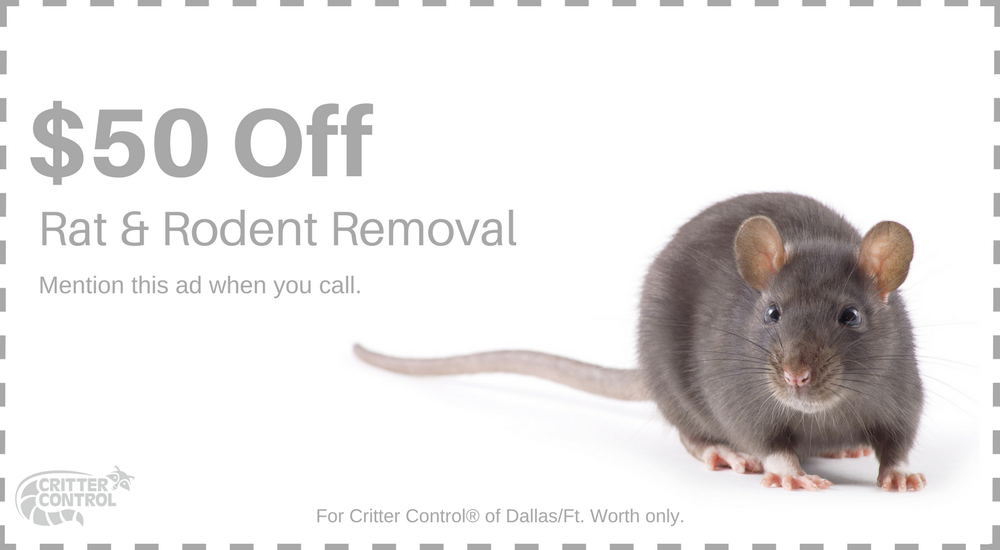Encountering a snake on your property can be an alarming experience, but seeing one inside your home can send you into a panic. If a snake has made its way onto your Ft. Worth property, here are some tips to keep the invasive reptile from slithering into your home.
3 Ways to Deal with Invasive Snakes
There are three different strategies commonly used to deal with snakes that are invading your Ft. Worth-area property:
-
Deterring Snakes
Cleaning up your yard is the one of the best things you can do to prevent snakes from approaching your property. Snakes love places with overgrown bushes and debris for them to hide in. Therefore, you might have to do a little bit of landscaping and clearing if you want snakes to stay away.
-
Repelling Snakes
Most store-bought snake repellants are ineffective; however, there are some online communities who swear by natural snake repellants. Mongoose urine and kingsnake musk are two common types of natural snake repellents that are popular remedies for deterring snakes.
-
Trapping Snakes
If you place a snake trap outside, you will likely catch everything but a snake. However, snakes are not used to indoor environments and no other animal would trigger a snake trap indoors, which is why you should only use snake traps inside.
At the end of the day, snake repellents and traps are not a permanent solution for snakes on your property. For successful snake removal in Ft. Worth, TX, call your local wildlife removal expert at Critter Control® of Ft. Worth.
Professional Snake Removal Services
If your Ft. Worth, TX property has been overrun with invasive snakes, keep a safe distance and rely on the snake removal experts at Critter Control® of Ft. Worth. Our licensed and trained technicians are experienced and equipped to safely and permanently remove any nuisance snakes that are disturbing your Texas property. To schedule an appointment and receive a free quote for our fast and effective snake removal services, call us today at 817-222-1101.




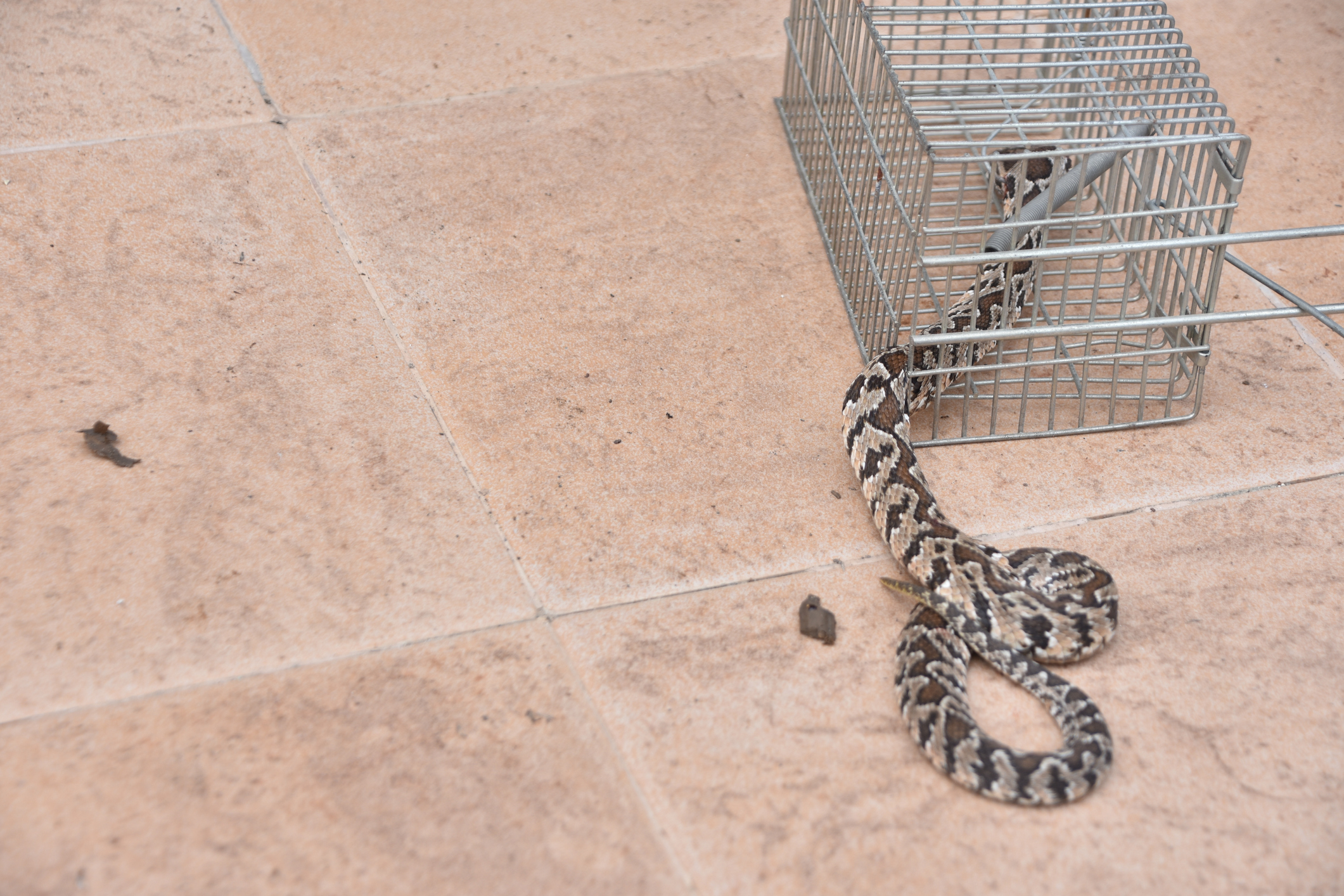
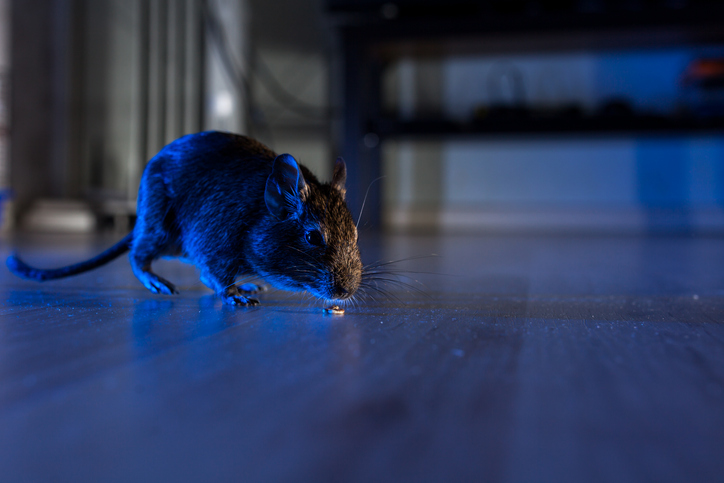
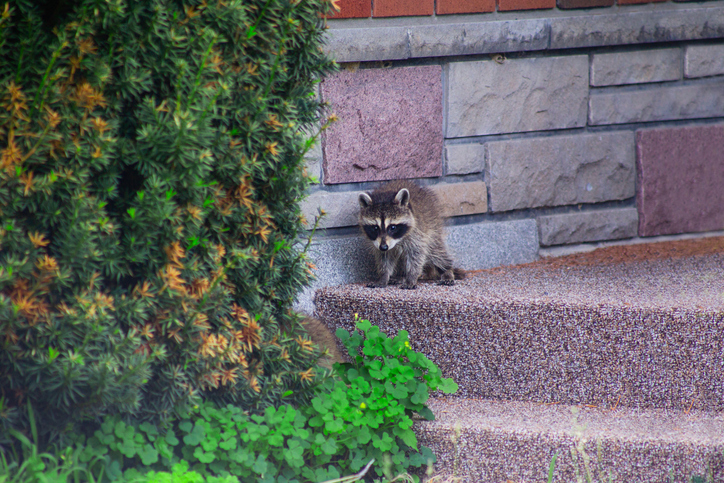
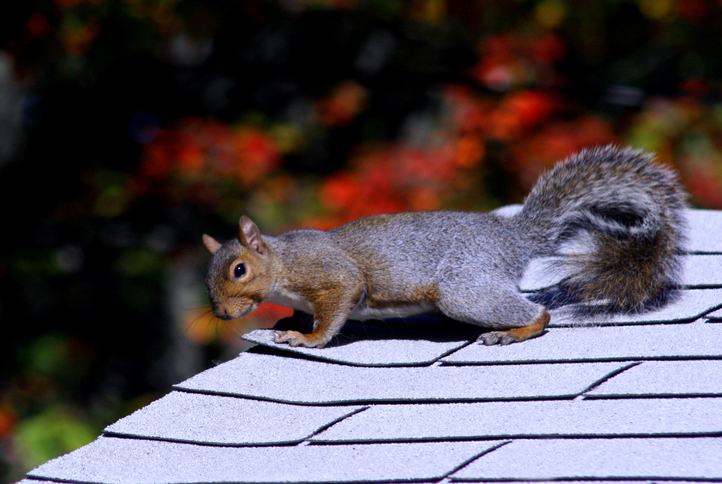

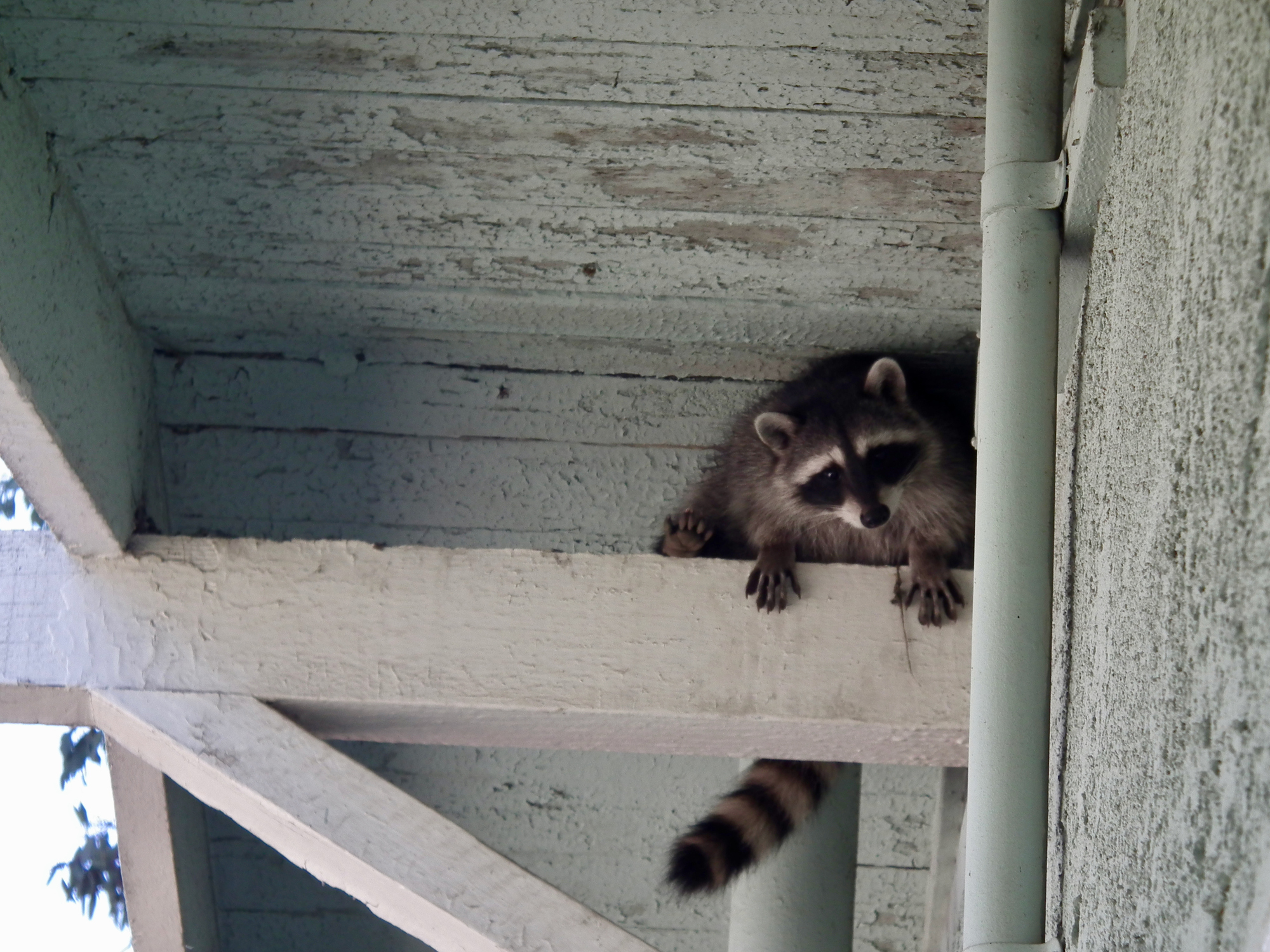
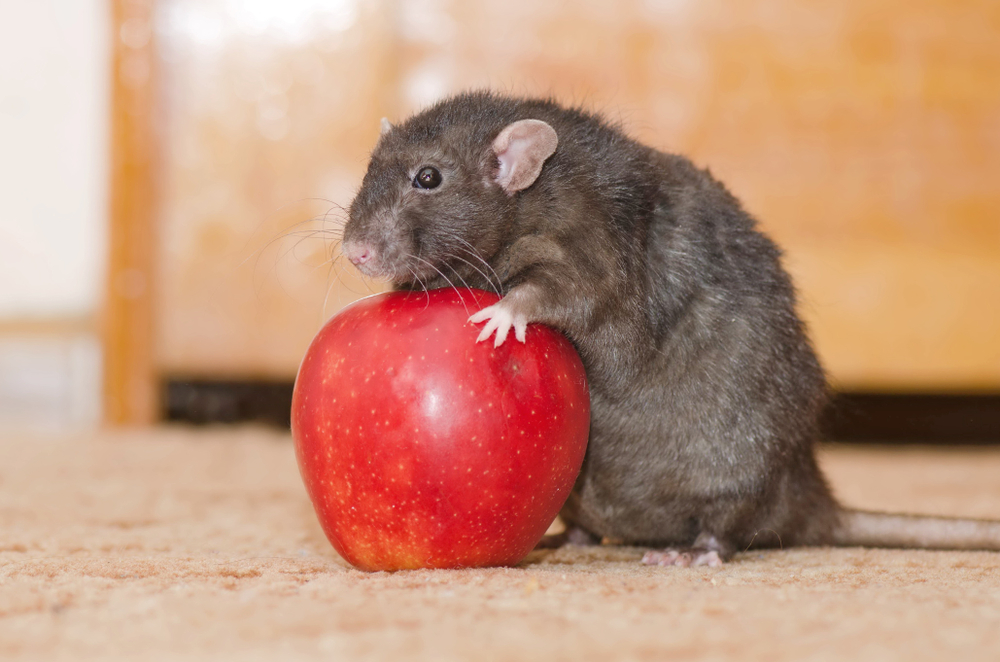
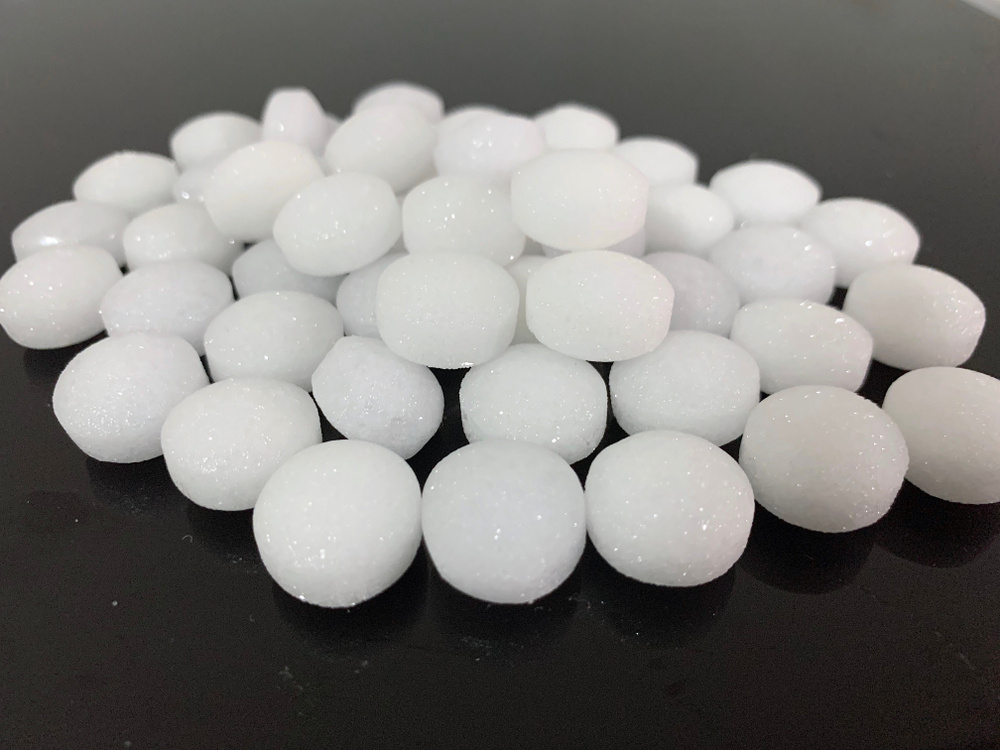
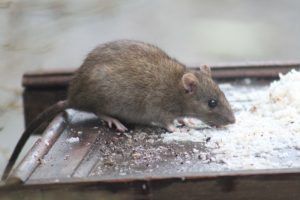 If you hear scurrying in your walls as you lay down to sleep at night or smell a foul odor indoors during the heat of the day, there is a good chance you have rats in your Ft. Worth home. Ignoring such early warning signs of rats in your residence can allow them an opportunity to reproduce and grow into an even larger infestation. Being aware of the warning signs and acting quickly is the best way to prevent the rats from causing costly damage to your attic, home, and health.
If you hear scurrying in your walls as you lay down to sleep at night or smell a foul odor indoors during the heat of the day, there is a good chance you have rats in your Ft. Worth home. Ignoring such early warning signs of rats in your residence can allow them an opportunity to reproduce and grow into an even larger infestation. Being aware of the warning signs and acting quickly is the best way to prevent the rats from causing costly damage to your attic, home, and health. 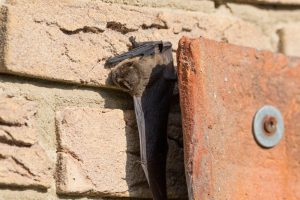 The small, furry creatures flying through the night may be fascinating to watch when the sun starts to set; however,
The small, furry creatures flying through the night may be fascinating to watch when the sun starts to set; however, 